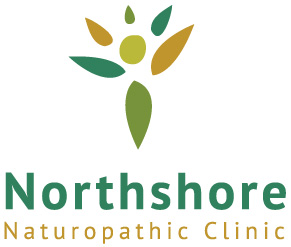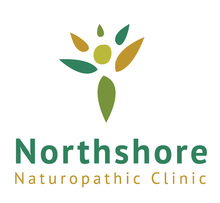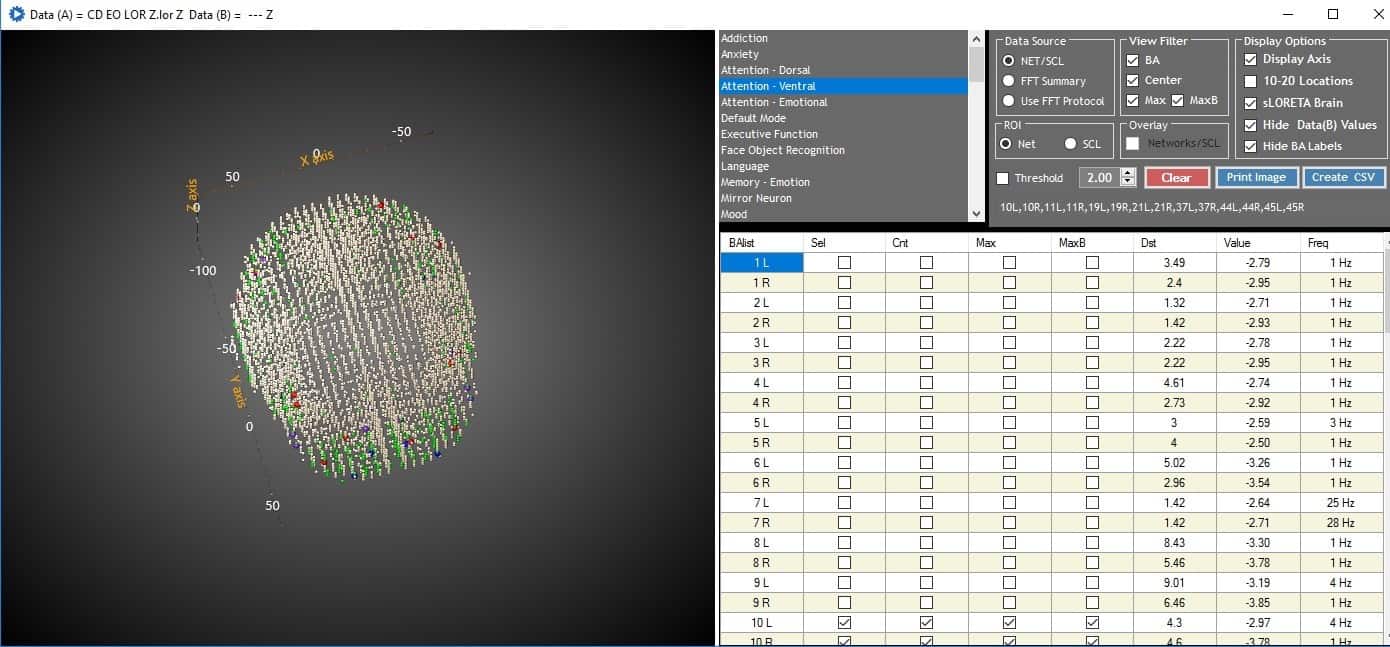ADD and ADHD Facts
The majority of medical and psychological boards in North America acknowledge Attention-Deficit Disorder (ADD/ADHD) as a valid medical disorder. But they also concluded that there are multiple underlying causes. Yet often the only solution offered is pharmaceutical management with drugs, at the expense of addressing the underlying causes! Find out about our treatments.



